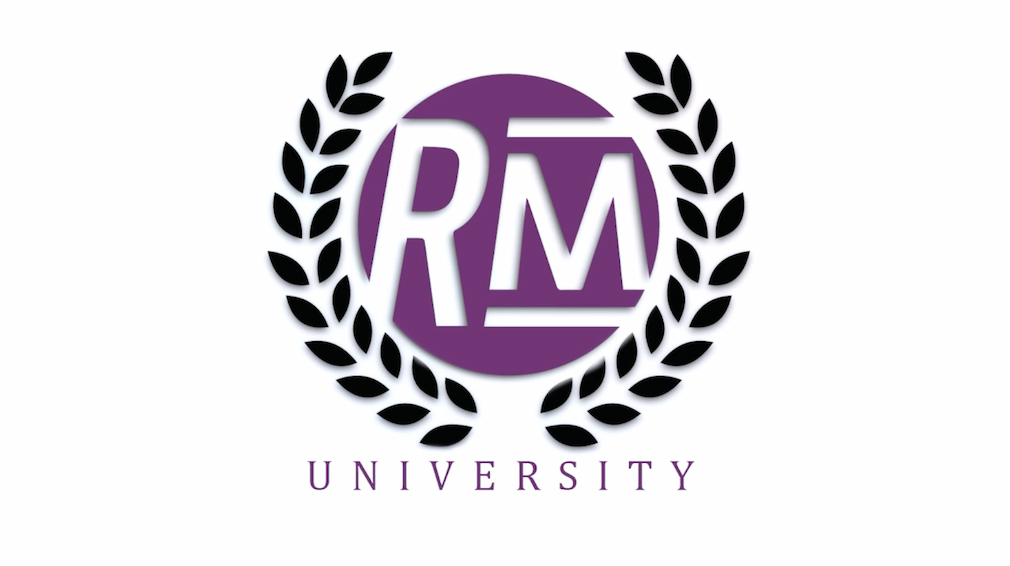
Melanie Ann Layer, The Coach Program
Be wary of anyone who says there’s big money to be made as a life coach.
School's advertised job placement rates don’t tell the whole story.
There is a reasonable expectation that when you pay tens of thousands of dollars to go to college, you will be paid back with a job and not left with no means to pay off accumulated student loan debt.
Pittsburgh Technical College answers the question “Will I get a job after graduating?” on its website where it boasts that “96% of available 2022 graduates are working in their fields after graduation.”
“This is education that pays off,” the school says.
These are reassuring words to many consumers seeking a college education, especially in the wake of the Supreme Court’s decision last month to strike down the Biden administration’s student loan forgiveness plan.
But after receiving a complaint from a reader who said he did not find work in his field of study after graduating from PTC in 2017, even with the assistance of career services, TINA.org found that the school’s advertised job placement rates don’t tell the whole story.
Let’s start with “96% of available 2022 graduates are working in their fields after graduation.” You might’ve noticed that there’s an asterisk at the end of the sentence – usually not a good sign. Here, the asterisk corresponds to a fine-print disclaimer further down the page stating, among other things, that the 96% includes graduates working “full-time, part-time or freelance positions.” In other words, PTC doesn’t distinguish full-time employment from part-time or freelance work in its placement statistics.
However, to get a complete breakdown of the number of graduates in a particular field working full-time versus those only working part-time or in a freelance capacity requires some extra digging.
Specifically, consumers must click on the link at the end of the disclaimer and then scroll down to the bottom of the next page, which means scrolling past a chart showing the placement rates of 31 PTC programs (21 of which are 100%), and then click another link to “[d]ownload the complete employment statistics methodology PDF.”
The PDF shows that for many of the programs PTC touts as having a 100% placement rate, less than 100% of graduates are actually working in their field full-time. Of the nine graduates of the Multimedia Video associate degree program, for example, only one is employed in the field full-time, according to the PDF. Six found part-time or freelance work after graduation. And two were excluded because they “chose to work out of field,” raising the question of whether they made that decision after trying and failing to find work in multimedia video production or whether the decision was unrelated. (The same question can be asked about graduates who “chose to continue their education,” another category of graduates that PTC omits from its placement statistics.)
Then there are Business Accounting and Hospitality Hotel and Restaurant Management, two associate degree programs for which PTC touts a 100% placement rate despite the fact that, according to the PDF, none of the graduates of the two programs are employed in their respective fields full-time.
Our reader said he graduated from PTC with an associate’s degree in Electronics Engineering Technology, one of the 21 programs that PTC boasts has a 100% placement rate (all full-time jobs, according to the PDF). But he said none of the jobs he got after graduating, including the ones that PTC helped set up, had anything to do with his field of study. Most didn’t even require an associate’s degree, he said.
He said he doesn’t have any student loan debt after his family members paid off the $40,000 he borrowed to attend PTC but he has since switched careers and now works as a financial services representative.
The bottom line
Paying to go to college is an investment and as with any investment, the idea is to minimize risk. In this case, that means doing your research when presented with job placement rates by colleges and other institutes of higher learning.
TINA.org reached out to PTC for comment. Check back for updates.
Find more of our coverage on employment and education here.
Our Ad Alerts are not just about false and deceptive marketing issues, but may also be about ads that, although not necessarily deceptive, should be viewed with caution. Ad Alerts can also be about single issues and may not include a comprehensive list of all marketing issues relating to the brand discussed.
Be wary of anyone who says there’s big money to be made as a life coach.
Beauty MLM’s outsized earnings claims face increasing scrutiny.
TINA.org digs into MLM coach’s marketing pitch.

